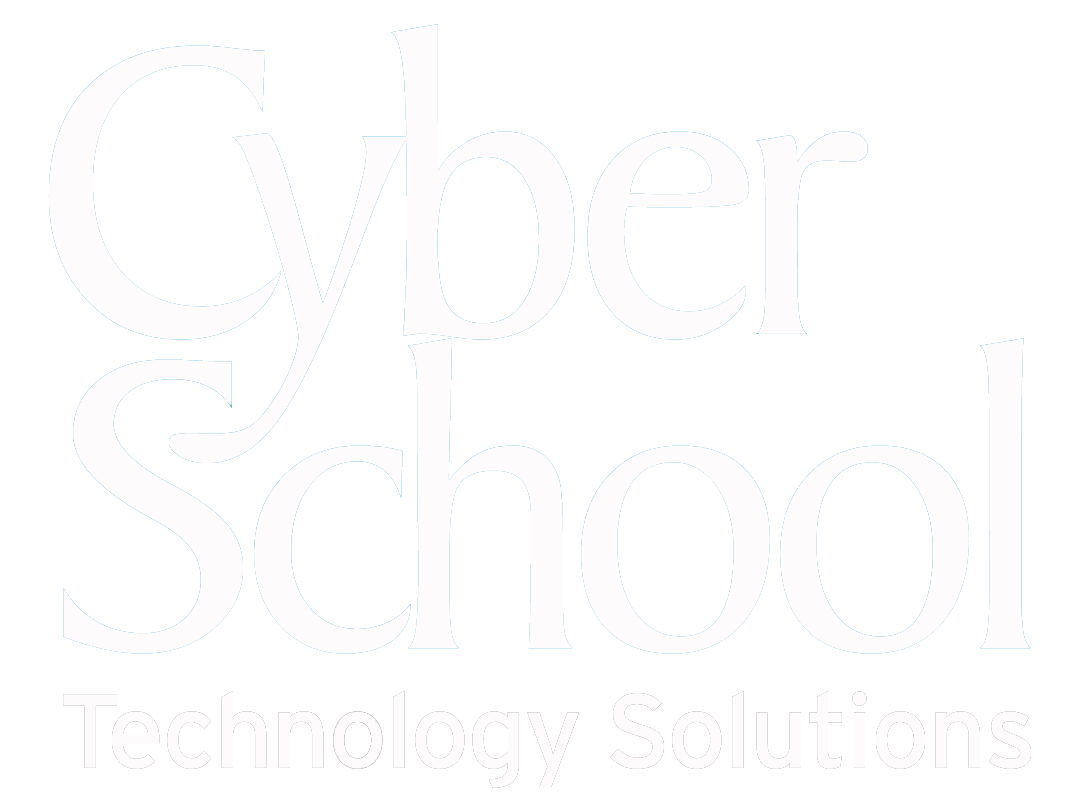Top 10 Common Misconceptions
about Computers


By Edward Lubega
Computers to most of us are a relatively simple machines to purchase, operate, and (for the most part) understand. To the average non-tech-oriented consumer, however, they are a scary device that’s made even more frightening by jargon, misconceptions and outright falsehoods.
Today we’re going to set the record straight on 10 of the most prevalent computer myths still in existence.
1. You Need to Defragment Your Drive Frequently
Here’s everything you need to know about defragmenting a modern computer:
Windows computers have a built-in defragmentation utility that automatically runs in the background, on a pre-defined schedule. On OS X, Macs have a file system (OS X HFS+) that automatically defragments files in a process known as HFC or Hot File Adaptive Clustering.
Additionally, many modern computers are now shipping with SSD or flash storage that should never be defragmented, it will actually ruin your SSD.
2. Viruses and Spyware are Slowing Down Your Computer
Any time a PC user runs into any sort of slowdown, the most common (and incorrect) thing to blame it on is malware (learn about the differences between malware, viruses, spyware, etc.). While it’s always a possibility that the computer is infected, modern malware is so profit-driven that it’s in the creator’s best interest to keep it running stealthily in the background. As such, you won’t typically notice any performance decreases due to an infection
Instead, it’s more likely that your computer is slower due to running too may programs simultaneously, unnecessary plugins and add-ons hogging CPU usage, lack of free RAM or disk space, or a hardware problem. Or it could just be that your computer is ageing; these 7 signs will tell you if it’s time to replace it.
3. Paid Cleaner Software Improves Performance
We’ve all seen the ads that look something like, Download X-Junk Removing Crapware Program for 300x Faster Speeds. These programs promise to clean registry errors, download driver updates, uninstall programs that you can’t manually uninstall, or clean your PC of issues of dubious origin and purpose.
The truth is that this is junk software and it’s never needed, no matter what operating system you’re on.
These programs are commonly used to deliver malware, such as spyware or adware, and rarely do anything beneficial at all if ever. Registry entries are tiny, and removing them frees up a minuscule amount of space that will have no performance benefit whatsoever.
-Driver updates
You can download those yourself if and when you’re prompted or run into errors with peripherals.
-Paid uninstallers
Not needed. If you can’t uninstall an application completely, the files they leave are usually in the registry, and too tiny to really worry about.
-Cleaners
The issues that they actually clear up typically aren’t issues at all, but problems that make it appear as if they’re worth the money or download.
4. You Don’t Need Antivirus Software
The two most common reasons for not needing antivirus software are usually: I’m on a Mac and Macs don’t get viruses or I don’t do anything online (torrent, view porn, visit spammy sites) that would get me infected.
5. Both are completely incorrect. You always need an antivirus program
Let’s address the Mac user first. Macs were once rather immune to viruses but it wasn’t due to anything other than the fact it was more time-efficient for virus writers to create infections for Windows-based PCs due to their complete domination of the market. As we start to reach some sort of parity, and OS X continues to gain market share on Windows, hackers have taken notice and suddenly Macs aren’t so immune anymore.
On to the safety of the computer user. You’re never safe using a computer. Each time you turn your machine on, you’re taking a calculated risk that you won’t do anything that results in an infection to your machine. Not viewing porn, torrenting, or visiting fishy websites isn’t enough to keep you safe from all threats. In fact, neither can an antivirus program, but it certainly helps.
6. Turning Your Computer on and off Regularly Is Bad / Not Turning Your Computer off at Night Is Bad
There’ s no absolute truth here. The fact is, leaving your computer on and allowing it to sleep while not in use is a safe and effective way to keep from having to turn it on and off regularly. System resources used as well as battery drain/power draw is minimal while in sleep mode.
On the other hand, you should turn your computer off from time to time if there’s no need for it to be running. Every computer component has a limited lifespan, turning your computer off when it’s not needed will allow the components to last a bit longer.


7. Deleting Contents From Your Hard Drive Actually Erases Them / To Securely Erase Data, Use a Magnet
It would be comforting to all of us knowing that anything we deleted from our PC was gone forever. It’s not.
When you delete data, the visible traces of its existence might vanish, but the way data storage works the actual data remains until it is overwritten.
To keep things simple, think of your data as a footprint on a dusty floor. When you leave the room, your footprints remain, but as more and more people enter, they begin to cover your footprints with theirs. This is pretty similar to how data storage works. Deleted files are marked as available space on your drive, allowing the data to be overwritten. That will eventually happen, but until it does, the data remains recoverable.
To actually erase your data, some suggest using a magnet. This idea would work great if we were still using floppy disks, but with modern HDDs or flash storage devices, a magnet is a rather ineffective way of destroying data. Instead, experts suggest one of two methods:
Use a program that makes multiple passes on your hard drive, and overwrites it with a series of 1’s and 0’s until it’s unrecoverable.
Grab your drill and drill 10 to 12 holes through the drive and be sure to scatter them out rather than drilling in a straight line.
Macs are Better than PCs / Macs are Overpriced Junk
8. Macs are PCs, just PCs running OS X rather than Windows, or Linux
The above being true, it’s impossible to say that they’re better than a Windows PC, so I’m not going to touch that one. As a Mac user myself, I think it’s probably best left to get the answer from our Windows Editor, Tina, as she tries out a Mac after being a longtime PC user.
What I can address, however, is whether they are overpriced junk, or even if they’re overpriced at all. While they certainly aren’t budget PCs, the so-called Apple tax has been effectively eliminated and the price for most Apple devices is actually quite comparable to their Windows counterparts. For example, if you compare the MacBook Air to higher-end, light-weight, ultra-slim Windows laptop like the Lenovo Yoga 3 Pro, you’ll see that the price is actually quite comparable. The Mac Mini is another great example, as prices between it and comparable units from Dell and others are pretty similar.
We even tried to see if it was worth building a homemade Mac Pro, or just buying one online, the results might surprise you.
9. To Protect Yourself From Vulnerabilities, Use Firefox/Safari/Chrome/IE
X Browser being safer than Y browser is a comparison that really doesn’t have much to do with the consumers who use it. Browsers are simply an execution environment for JavaScript, and as such they’re all equally at risk to exploits and attacks. It’s also important to note that most browser-based attacks are through browser add-ons and plug-ins, not the browser itself.

